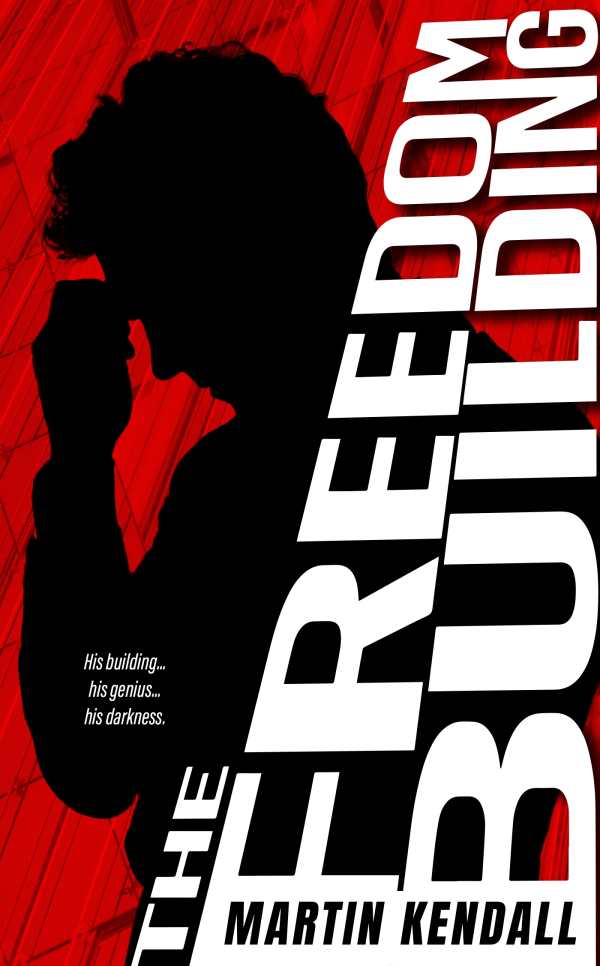The Freedom Building
The Freedom Building is a Kafkaesque, cerebral thriller that moves with purpose through its layered clues.
In Martin Kendall’s thriller The Freedom Building, an architect’s terrible case of amnesia has connections to terrorists and corrupt companies.
The novel begins when world famous architect John Gowan wakes up in a hospital with no idea how long he has been there. John has such severe amnesia that he has no memory of the fact that terrorists destroyed his greatest creation; he no longer remembers who his clients are and what they want. Now awake, John has to rediscover his past if he wants to have a future.
Once out of the hospital, John begins a quest to find out about the three years that he lost. The character who helps him the most, his personal assistant and partner Janice, provides relief along the way as John’s emotional opposite. John is his own greatest adversary: he does not know himself, and therefore cannot deflect questions about his patriotism, his creativity, or his sanity.
In this thriller, every sentence matters. There are multiple plot twists and character shifts, and small, seemingly insignificant clues are hidden within the layered text. This attention to detail is fitting, given that so much of the story is about John’s hidden memories. From the opening scene to the satisfying conclusion, the book moves with purpose, though its repetition of terms—particularly within John’s internal dialogue, where he retreads ground to salvage his memories—weakens its otherwise impactful writing; John’s soliloquies are sometimes exhausting.
Because of his amnesia, John functions as a cipher, and much of the story takes place within his mind. Discussions about what memory really is, and how the mind works to remember personal tragedies, result in intellectualism. John’s cognitive issues, which he hides from most people, shine a light on mental illness and psychological stress, but also result in confusing scenes and jumbled, distorted moments in the story. Everything is filtered through John, and clarity is often lost as a result.
Most about John’s search for himself, the story is relatable. John’s loss of creativity and identity often leaves him reliant on the words and deeds of others, and the story is complex because of this. The Freedom Building is a Kafkaesque, cerebral thriller that is most concerned with the complexities of the human brain after a trauma.
Reviewed by
Benjamin Welton
Disclosure: This article is not an endorsement, but a review. The publisher of this book provided free copies of the book and paid a small fee to have their book reviewed by a professional reviewer. Foreword Reviews and Clarion Reviews make no guarantee that the publisher will receive a positive review. Foreword Magazine, Inc. is disclosing this in accordance with the Federal Trade Commission’s 16 CFR, Part 255.

